India, a diversified nation in terms of its culture, geography, and customs, offers a wide range of experiences to all visitors. Travelers are drawn to India by its vivid charm and spiritual mysticism because it is a tapestry of cultures, landscapes, and civilizations. This story of dynamic travel revolves around the equally dynamic and varied lodging ecosystem. Stays in India are not merely places to relax; they are also windows into the culture, way of life, and natural beauty of the nation. India has it all, whether you want to take in spicy culinary pleasures, lose yourself in tranquil landscapes, or tour historical buildings. The accommodations you can choose from when traveling this enormous country are equally varied. Let's look at the several possibilities available to tourists looking for distinctive lodging.
Diverse Stay Options in India for Travelers
1. Houseboats in Kerala:
The Kerala backwaters are a gorgeous system of lagoons and canals that are frequently referred to as the "Venice of the East." Visitors can rent the traditional wooden houseboats known as "kettuvallams" in this location. Visitors can enjoy traditional Kerala food while cruising along the calm waters and observe daily life along the riverbanks.
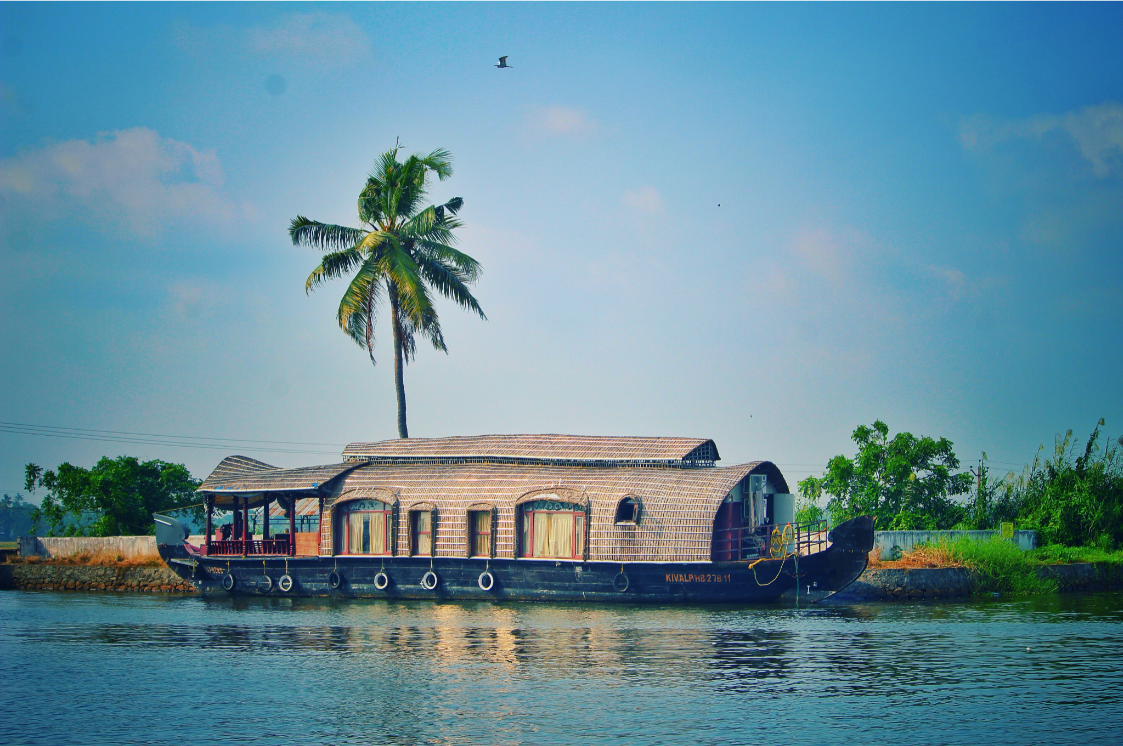
2. Heritage Hotels in Rajasthan:
Majestic palaces and forts, many of which have been converted into sumptuous heritage hotels, can be found throughout the royal state of Rajasthan. As you stay in sites like the Umaid Bhawan Palace in Jodhpur or the City Palace in Udaipur, you'll feel like a Maharaja or Maharani. These lodgings combine opulent modern comforts with a rich heritage to give visitors a taste of the royal lifestyle.
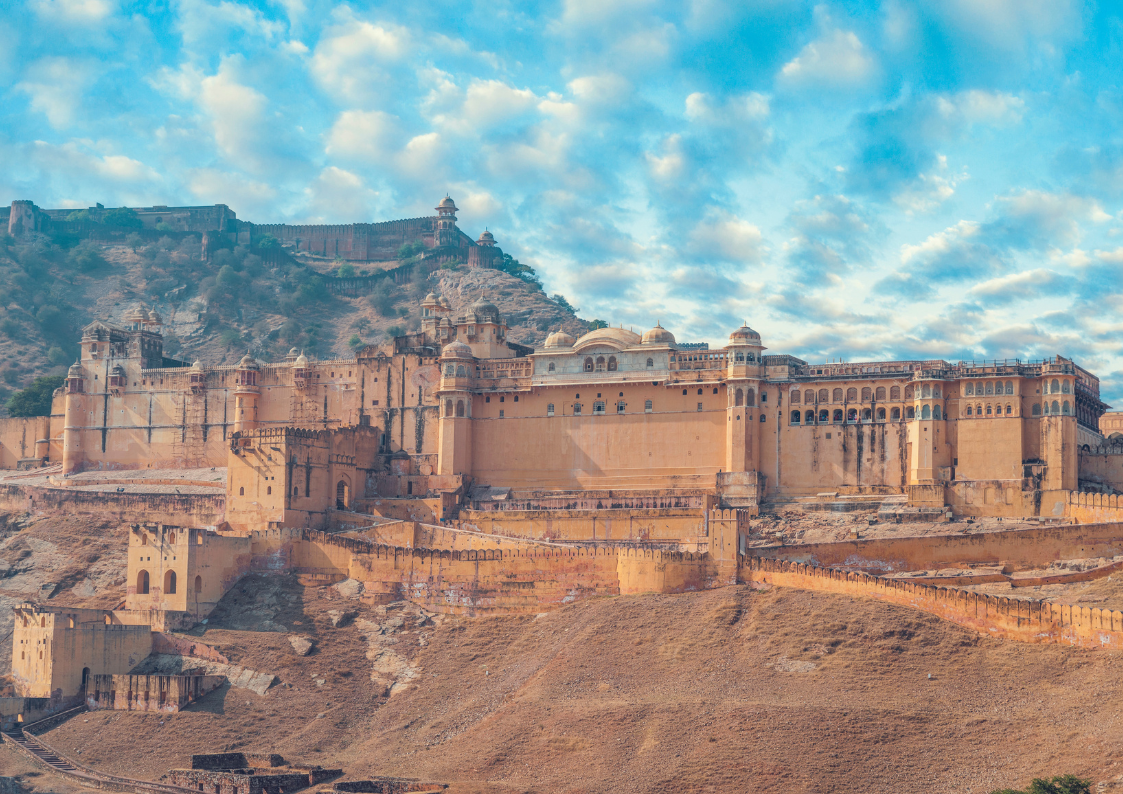
3. Tea Bungalows in Assam and Darjeeling:
The bungalows in Assam and Darjeeling transport visitors back in time to the British colonial era as they are tucked away in expansive tea gardens. Every traveler treasures the pleasure of waking up to the scent of new tea leaves and taking in breath-inspiring sights of the lush estates.
4. Tribal Huts in North-East India:
North-East India offers lodging in authentic tribal huts for those interested in learning about local customs. These locally owned and operated eco-friendly lodgings give guests an authentic and sustainable experience.
5. Beach Huts in Goa:
Goa's beach bungalows offer the ideal vacation if you're looking for some sun and sand. These bungalows, which are carefully positioned along pristine shorelines, provide stunning sea views. There is a hut for every type of beach lover, from the busy beaches of Palolem to the tranquil expanses of Agonda.
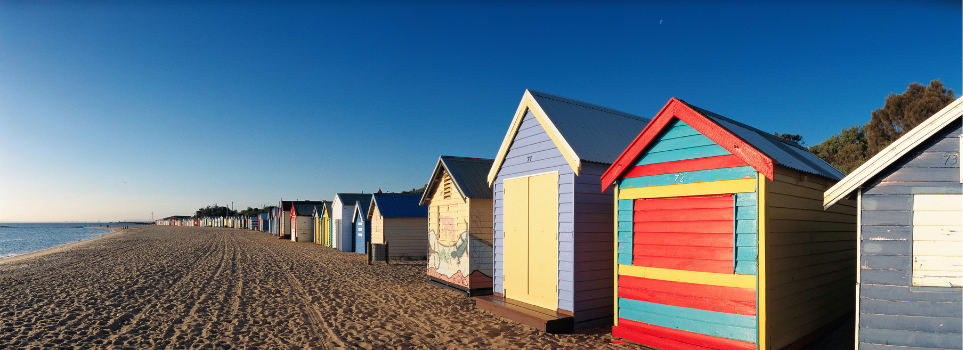
6. Homestays in Himachal Pradesh:
Homestays in the Himalayan state of Himachal Pradesh are perfect for travelers interested in experiencing regional hospitality and culture. Homestays provide a glimpse of alpine life, including eating meals with local families and learning about their customs.
The Need for Diverse Stay Options in India for Travelers
The diversity of India's landscapes, cultures, and history draws millions of tourists each year. These tourists have a range of interests, demands, and financial capabilities. Such a wide range of needs necessitates a variety of accommodations. Here are some reasons why India needs a wide range of lodging alternatives:
- Catering to Different Budgets: From backpackers to luxury travelers, India sees a spectrum of visitors. While a solo traveler might seek budget hostels or guesthouses, honeymooners may look for luxury resorts. Having a range of stay options ensures that everyone finds a place that fits their budget.
- Offering Unique Experiences: Many travelers are now looking for 'experiences' rather than just a place to sleep. Houseboats in Kerala, desert camps in Rajasthan, or treehouses in the Western Ghats offer unique experiences that make the trip memorable.
- Authentic Cultural Immersion: Homestays and traditional guesthouses allow travelers to immerse themselves in local cultures. Staying with a local family in Himachal Pradesh or eating home-cooked meals in a Tamil Nadu village provides a deeper understanding of India's varied cultures.
- Sustainable and Eco-friendly Options: As sustainable travel gains momentum, many travelers seek eco-friendly stay options. Eco-resorts, bamboo huts, and nature retreats cater to this demand, emphasizing a minimal carbon footprint and responsible travel.
- Facilitating Extended Stays: Digital nomads and travelers looking for long-term stays need accommodations that offer comfort and facilities for an extended period. Service apartments, long-stay hostels, and guesthouses equipped with kitchenettes cater to this segment.
- Ensuring Safety and Comfort: Especially for solo travelers and women travelers, safety is paramount. Established hotel chains, reputed guesthouses, and reviewed homestays are essential to ensure travelers feel secure during their stay.
- Accessibility to Tourist Attractions: Different travelers have varied interests. While some might want to stay close to nature, others might want a stay right in the heart of a city. Providing diverse options in terms of location ensures that everyone's needs are met.
- Supporting Local Economies: Local guesthouses, homestays, and boutique hotels often contribute directly to the local economy. By providing diverse stay options, travelers have the chance to support local businesses and communities.
The richness and diversity of India's tourist destinations necessitate a variety of accommodations.
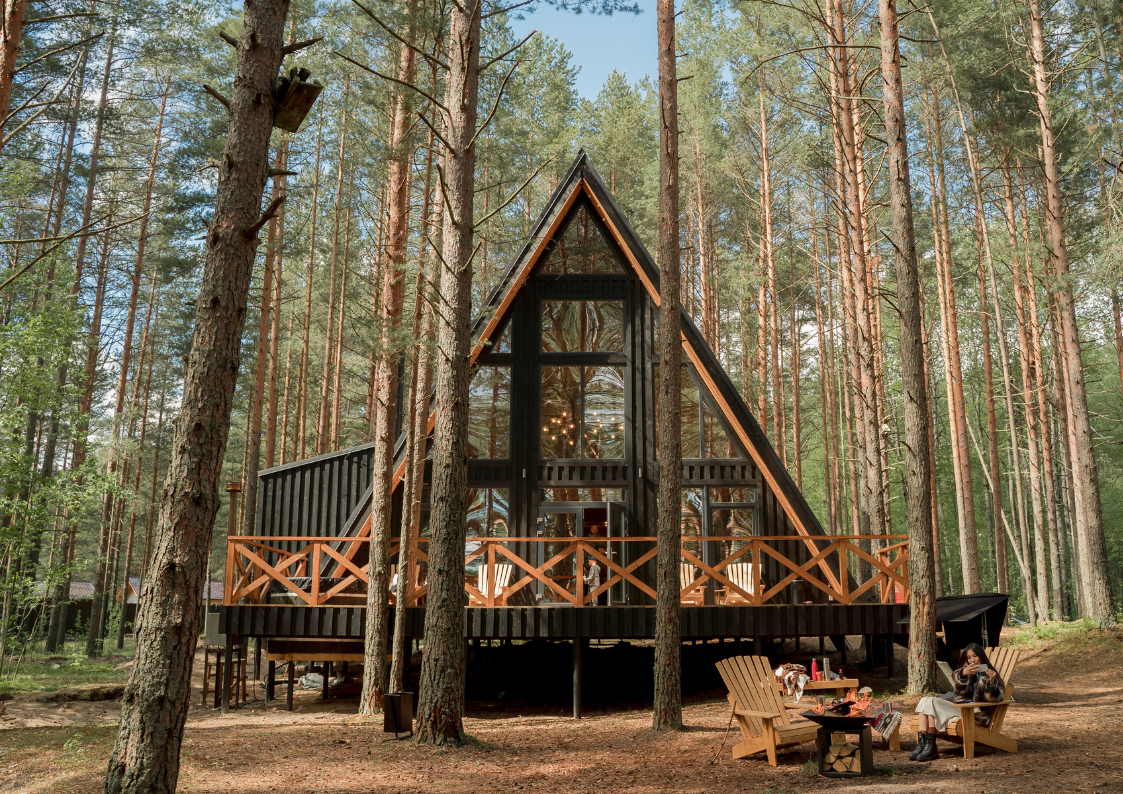
How Stays are Helping in Boosting the Travel Sector of India?
Stays play an integral role in the travel sector, and in a country as diverse as India, their impact is even more profound. Here's how different types of accommodations are helping in boosting the travel sector of India:
- Economic Contributions: The hospitality sector, which encompasses a wide range of accommodations, is a major contributor to India's GDP. With both domestic and international travelers increasing annually, stays ranging from budget hostels to luxury resorts are seeing heightened demands.
- Promoting Sustainable Tourism: Eco-resorts, nature retreats, and boutique stays that focus on sustainability attract environmentally-conscious travelers. Such accommodations often adopt eco-friendly practices like water harvesting, organic farming, and use of renewable energy, promoting responsible tourism.
- Cultural Immersion: Homestays, heritage stays, and boutique guesthouses offer deep cultural immersion experiences. They allow travelers to engage with local communities, taste traditional cuisines, and partake in local traditions, fostering a richer understanding and appreciation for India's diverse culture.
- Diversifying Tourist Hotspots: While popular destinations always see a large number of tourists, unique accommodations in offbeat locations drive tourist interest and footfall to lesser-known destinations. For example, tree houses in Wayanad or desert camps in Khuri might attract those looking for non-traditional experiences.
- Generating Employment: The stay sector has been pivotal in creating employment opportunities across the country. From hotel staff to guides to local artisans whose crafts are showcased in these accommodations, the ripple effect on job creation is considerable.
- Innovative Packages and Offers: Many accommodations now offer curated travel packages which include local sightseeing, adventure activities, and cultural experiences. This not only provides convenience for travelers but also amplifies tourist activities in the region.
- Safety and Trust: Well-established accommodations play a role in assuring travelers, especially international and solo travelers, of safety and trusted services. This assurance encourages more tourists to explore the country without apprehensions.
- Boosting Infrastructure Development: A surge in the demand for quality stays pushes for better infrastructure in terms of roads, transportation, and local facilities, thereby indirectly benefiting the overall travel experience.
- Promotion and Branding: Many luxury resorts and unique stays invest heavily in branding and promoting not just their property but also the destination. This collective marketing effort significantly boosts the region's tourism appeal.
Pros and Cons of Stays in India
The concept of "stays" in India spans a broad spectrum, from luxury resorts and heritage hotels to budget hostels and homestays. While there are numerous advantages to the diverse stay options available, there are also challenges and limitations. Here's a breakdown of the pros and cons:
Pros of Stays in India:
- Diverse Range: India offers a vast array of accommodation options catering to every budget and preference, from opulent palaces in Rajasthan to serene houseboats in Kerala.
- Cultural Immersion: Many stays, especially homestays, provide an authentic experience of Indian hospitality, traditions, and cuisines, giving travelers an intimate understanding of local culture.
- Economic Boost: The hospitality sector plays a significant role in the country's economy, generating employment and contributing to local businesses.
- Sustainable and Eco-Friendly Options: With a growing emphasis on sustainability, there are numerous eco-friendly accommodations available that promote responsible tourism.
- Unique Architectural Experiences: Heritage hotels, often restored palaces and havelis, give guests a chance to live amidst historically and architecturally significant surroundings.
- Convenient Packages: Many resorts and hotels offer packages that include meals, local sightseeing, and activities, making travel planning easier.
- Customization: From yoga retreats in Rishikesh to wildlife lodges in national parks, travelers can pick stays based on their interests.
Cons of Stays in India:
- Inconsistent Standards: Unlike some global destinations, standards can vary widely between accommodations in the same price range, leading to unpredictability in terms of quality and services.
- Overcrowding: Popular tourist destinations often face issues of overbooked accommodations, especially during peak seasons, which can lead to compromised service quality.
- Infrastructure Issues: While the stay might be top-notch, the surrounding infrastructure, like roads or public services, might not be up to the mark, especially in remote areas.
- Safety Concerns: Not all accommodations prioritize safety, which can be a concern, especially for solo and female travelers.
- Misrepresentation: With the rise of digital platforms, some accommodations might not live up to the images or descriptions presented online.
- Environmental Impact: Not all resorts and hotels adhere to eco-friendly practices, and unchecked expansion can lead to environmental degradation.
- Cultural Dilution: In some tourist hotspots, accommodations might cater so heavily to international tastes that they lose their local essence and authenticity.
In conclusion, while India offers an unparalleled diversity of stay experiences, travelers should conduct thorough research and rely on trusted reviews and recommendations when selecting their accommodations.
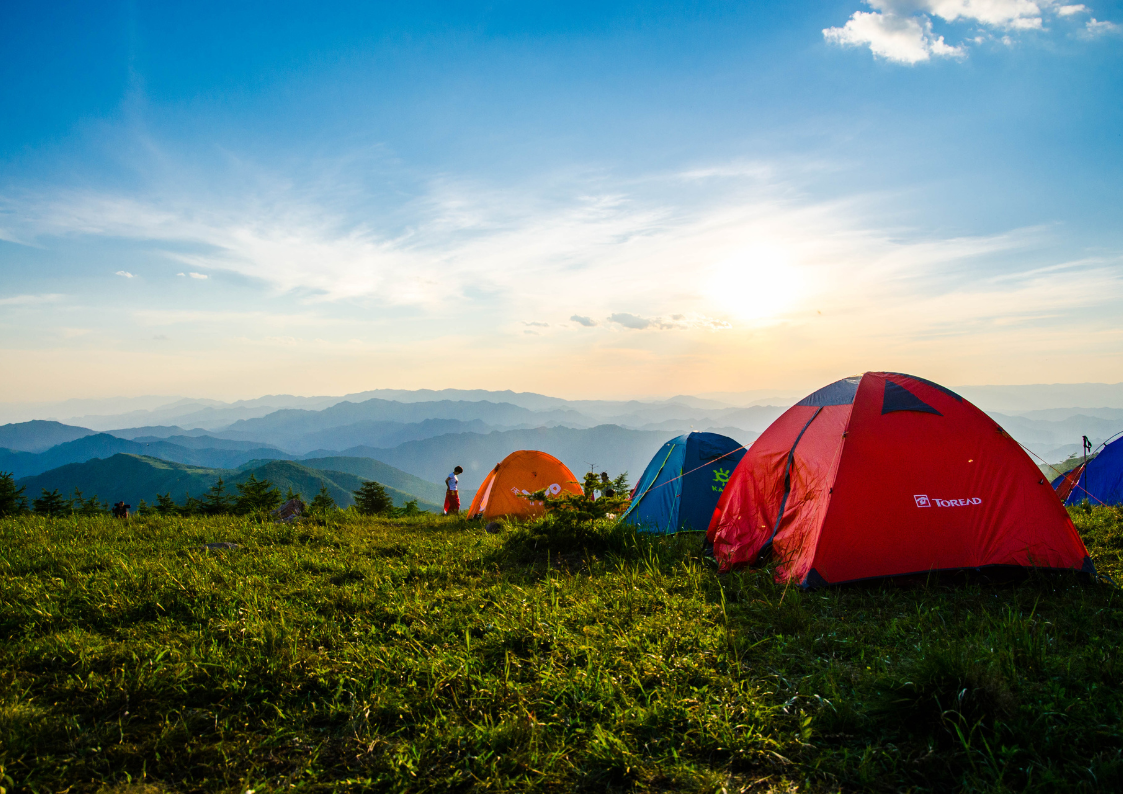
Conclusion
There is something for every type of traveler in India because to its size and diversity. These distinctive lodgings not only give you a place to rest but also add to the experience of your journey, making it unforgettable.
In essence, the abundance of lodging choices in India not only benefits the tourism industry but also serves as a conduit for tourists from all over the world to immerse themselves in distinctive and genuine experiences. Stays in India create experiences that go beyond simple tourism, whether traveling through the serene backwaters of Kerala, savoring the architectural splendors of Rajasthan, or seeking peace in the Himalayan home. They help people develop a stronger bond with the area, its residents, and its history.
Despite the benefits, there are also issues that the industry must constantly deal with. Aspects that demand careful consideration include the gap in standards, changing in accordance with international environmental and safety rules, and keeping the precarious balance between modernisation and preserving authenticity.
So, when planning your next trip to India, think about immersing yourself in the country's rich culture by staying in one of its many lodgings.
